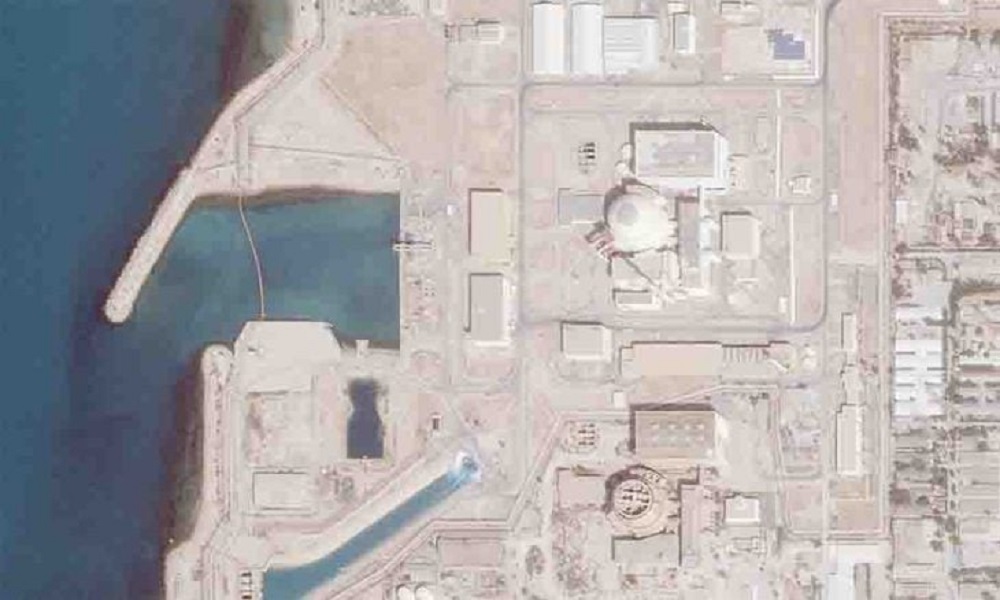Watan-The world is holding its breath as tensions rise sharply between Israel and Iran, following Israeli strikes on Iranian territory and Tehran’s retaliatory missile attacks into occupied Palestine. Amid growing instability, Gulf states are increasingly alarmed, fearing a full-scale regional war and potential nuclear fallout.
Several GCC countries have publicly and privately voiced concerns over the impact of Israeli or U.S. attacks on Iran’s nuclear facilities, particularly if those attacks involve crossing through or affecting Gulf airspace. Regional anxiety centers on possible radiation leaks, retaliatory strikes, and environmental disasters.
The right-wing circles in Tel Aviv and Washington are seen as pushing the region toward escalation under the pretext of stopping Iran’s nuclear program. Gulf capitals fear their oil infrastructure and population centers could become targets, especially in a nuclear-related scenario.
- In Oman, citizens shared nuclear safety instructions online.
- In Bahrain, 33 emergency shelters were activated and sirens tested.
-
Throughout the region, media outlets published radiation survival guides.
This reflects deep fear that an Israeli strike on Bushehr could contaminate Gulf desalinated water, vital for over 60 million people.
Qatari officials reiterated that peace in Gaza is the key to regional stability. Qatar and Oman have also supported Iran-U.S. negotiations and warned against reckless military action. UAE Foreign Minister Sheikh Abdullah bin Zayed cautioned against regional spillover from an Iran-Israel conflict, echoing widespread Gulf concerns.
Qatar’s Prime Minister, Sheikh Mohammed bin Abdulrahman Al Thani, warned that a nuclear attack on Bushehr would render Gulf waters undrinkable within days, as desalinated seawater is the region’s main water source.
While President Trump has not confirmed U.S. participation in strikes against Iran, CNN reported that he is growing more open to military options, even as he keeps the door open to diplomacy.
Gulf expert Dr. Abdulaziz bin Saqr emphasized that GCC countries reject war and support stability, citing past Saudi-Iranian agreements brokered by China as proof of peaceful intent. Iranian officials welcomed the GCC’s unified opposition to the Israeli strike, as stated in a joint ministerial declaration.
